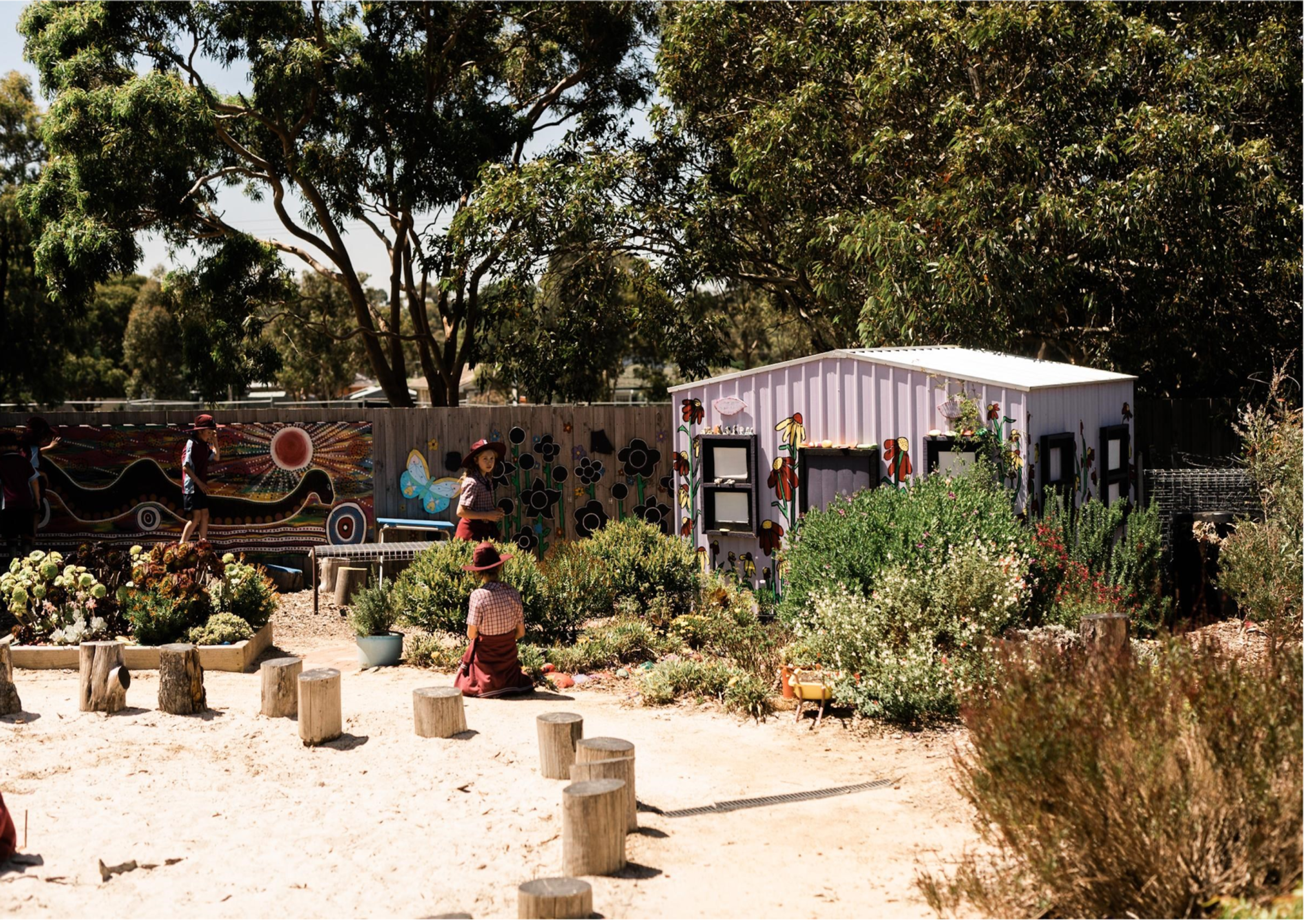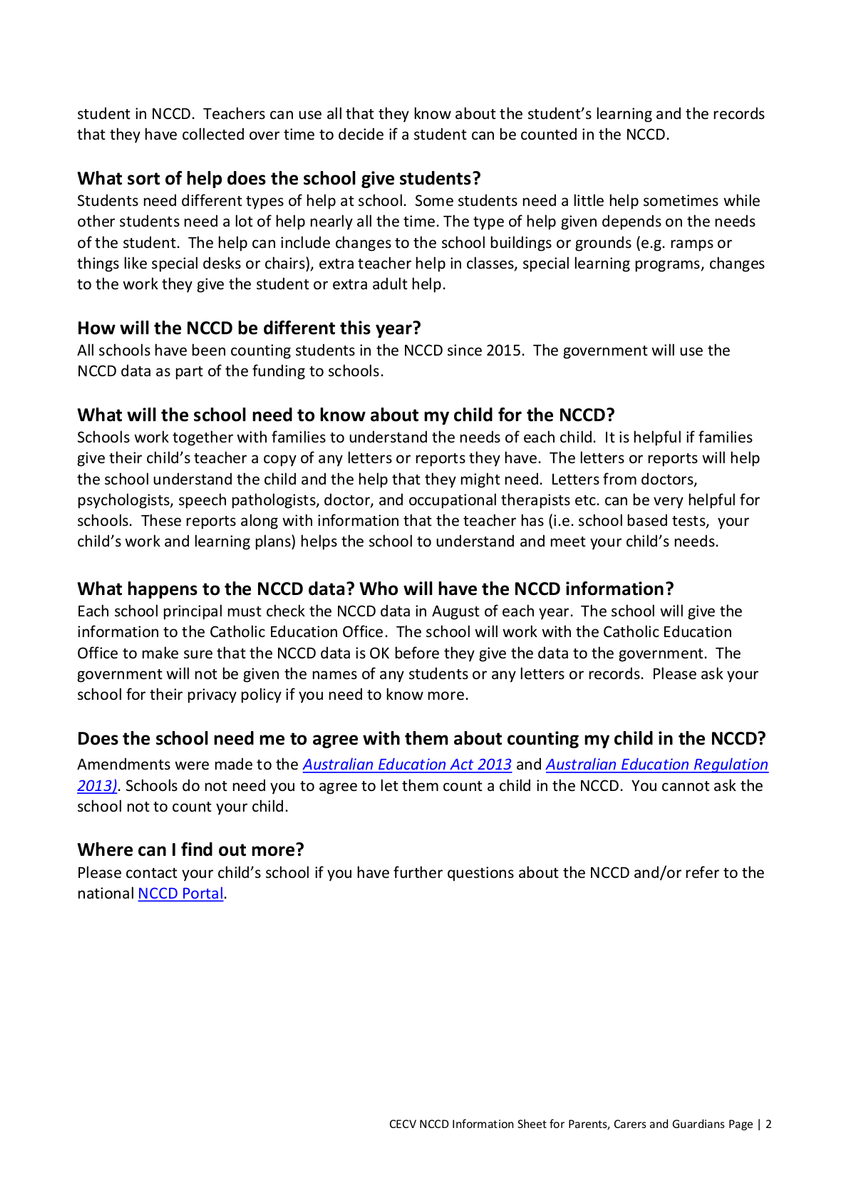Wellbeing News

Welcome back to Term 2. We hope everyone had a restful and safe holiday.
This term there are awesome wonderful things happening in regards to WELLBEING at St Anne’s.
SOCIAL/ EMOTIONAL LEARNING
This term the Children will be participating in Social and Emotional lessons in groups made up of Prep - Yr 6 children. These lessons will take place fortnightly on Wednesday afternoons.
By providing this opportunity for learning we aim to:
- build relationships with staff and students
- develop understanding of positive relationships and connections.
- extend emotional literacy via an enhanced vocabulary of understanding and describing emotions.
- learn about the importance of valuing difference in individuals and groups and how appreciating diversity contributes to positive relationships across the whole school.
- learn to work both independently and in teams.
We can not wait for the first session next Wednesday afternoon. The focus will be connecting as a group and revisiting our school values in the yard and in the classroom.
BEHAVIOUR MANAGEMENT TOOL
In Term Two we continue to develop a consistent approach to Behaviour Management, with the support of our new Behaviour Management Tool. We have finally launched our new banners which are located in each classroom and area of the school. The aim of this Behaviour Tool is to let all members of our school community know what is expected behaviours and what is not expected behaviour, as well as the possible consequences that may occur. . This Tool highlights both positive and negative consequences for various behaviours and the actions that may be taken. Here is an image of the banner. You will see them around the school.
NATIONAL CONSISTENT COLLECTION OF DATA - NCCD
As mandated by the MACS, we will begin our review of NCCD. It counts the number of students who receive additional adjustments or “help” at school because of a disability. The NCCD helps governments plan for the needs of students with disability.
Many students that need help at school can be counted in the NCCD. For example, students with learning problems, e.g. specific learning disability or reading difficulty (sometimes called dyslexia), health problems (e.g. epilepsy or diabetes), physical disability (e.g. cerebral palsy), vision/hearing loss and social-emotional problems (e.g. selective mutism, Autism Spectrum Disorder, anxiety).
More information is attached to this newsletter.
The Wellbeing Team
Kristie Browning Sue Sexton
kbrowning@sasunbury.catholic.edu.au sues@sasunbury.catholic.edu.au
Jade Salpietro
jsalpietro@sasunbury.catholic.edu.au



